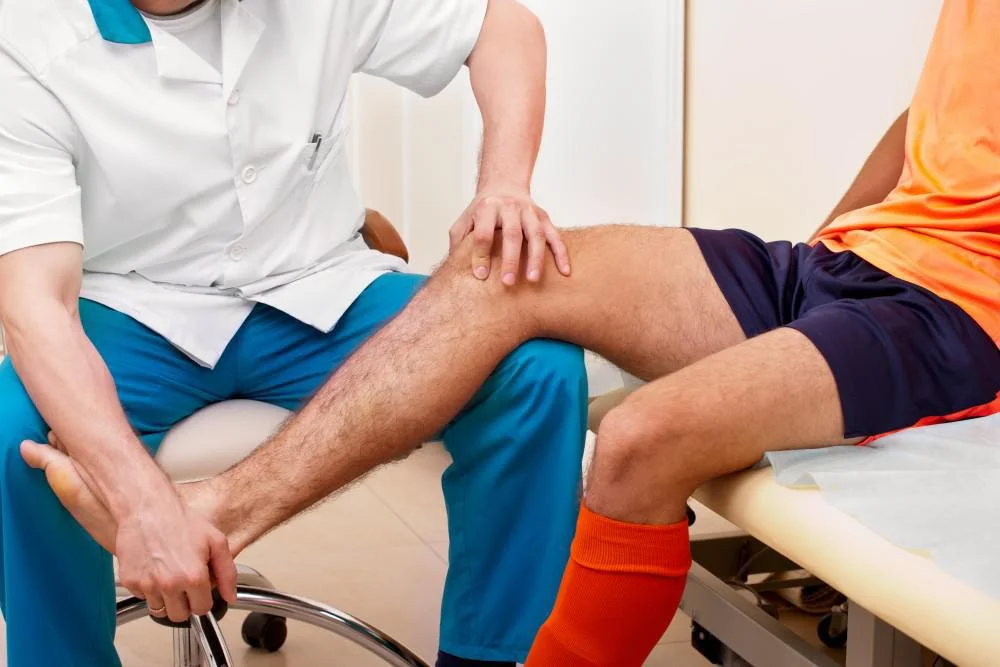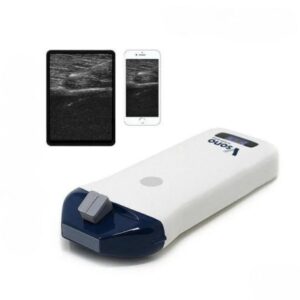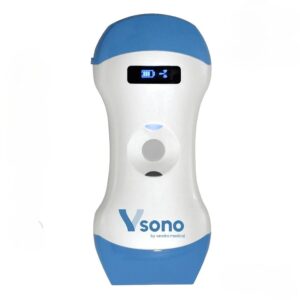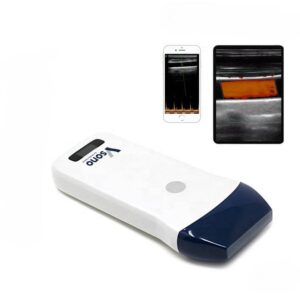The term “arthritis” refers to inflammation of the joints. Arthritis causes inflammation in or around a joint, resulting in discomfort, stiffness, and occasionally trouble moving. Other regions of the body, such as the skin and internal organs, are affected by some kinds of arthritis.
The most prevalent type:
Osteoarthritis (OA), which is caused by aging joints, injury, and obesity. Joint pain is one of the symptoms of OA.
Treatment
Treatment involves medicine and exercise and is dependent on the affected joint, which might include the hand, wrist, neck, back, knee, and hip.
Ultrasound-guided diagnoses:
For ultrasound-guided knee arthritis diagnoses, a high-frequency linear transducer (7.5–10 MHz) is recommended, such as the Wireless Linear Ultrasound Scanner: Vsono-L1
An ultrasound scanner with these frequencies may accurately identify joint effusion and direct synovial fluid aspiration. As well as allowing for real-time visualization of joint aspiration procedures.
Ultrasonography can detect pathophysiological changes such as synovitis, tenosynovitis, enthesitis, bone erosions, and crystal deposits at the subclinical level, making it a useful tool for detecting and distinguishing the most common types of inflammatory arthritis.
When performed by inexperienced doctors, ultrasound-guided diagnosis reduces tries while increasing procedural confidence.




